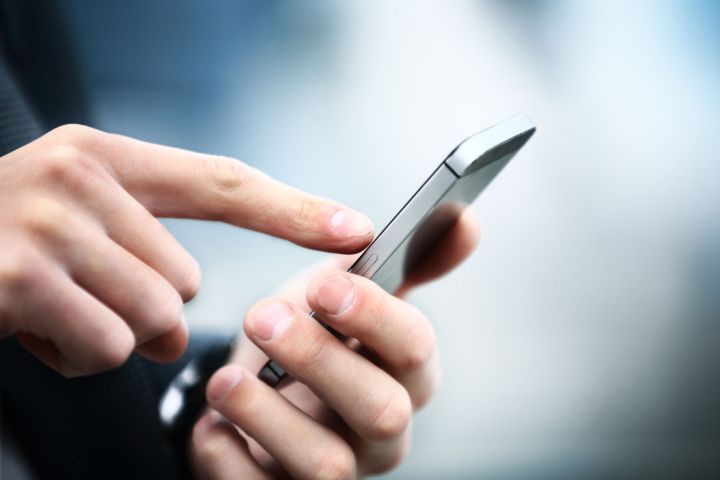
Take Dennis Nicholl. The 63-year-old financial analyst was arrested by undercover cops in Chicago this week for allegedly using a cell phone jammer on the city subway “for months,” though eyewitness accounts suggest it may have been for considerably longer.
Setting bail at $10,000 for the accused phone jammer, the judge dubbed Nicholl “the cell phone police.”
In his defense, Nicholl’s attorney said the accused was simply “disturbed by people talking around him,” adding, “He might have been selfish in thinking about himself, but he didn’t have any malicious intent.”
Trouble is, the jammers are illegal.

Remarkably, photos of Nicholl apparently using a jammer on Chicago’s subway system have been circulating online since at least last year, according to the Chicago Tribune.
Passenger Brian Raida told the Tribune said he was riding the subway to work as far back as 2014 when he claims to have seen Nicholl holding “a device with multiple antennas on top.” When his phone suddenly lost service, he looked up and noticed his fellow riders with handsets were also experiencing the same issue.
“Everyone was looking at their phones like – what the hell?” Raida said.
This week cops decided to finally take action. Once they’d identified Nicholl on the train, one undercover officer sat close by the alleged jammer and made a call on his phone.
Police told the Tribune that the cop saw Nicholl remove a device with multiple antennas from his pocket and apparently switch it on. A moment later, the cop’s call cut out.
When he was arrested a short while later, “he was holding the jamming device in his hand,” police said.
The authorities take a dim view of such jamming devices. The Federal Communications Commission (FCC) states on its website that it’s a “violation of federal law to use a cell jammer or similar devices that intentionally block, jam, or interfere with authorized radio communications such as cell phones, police radar, GPS, and Wi-Fi.”
The main fear is that a jammer could could endanger life and property by preventing people from making emergency calls.
Cases involving the signal-blocking device hit the headlines from time to time. In 2015 a Florida teacher was suspended for using a jammer in the classroom, his action prompted by frustration at his smartphone-addicted students’ refusal to put their handsets away during lessons.
A year earlier, also in Florida, a driver who used a jammer on his daily commute to stop other drivers using their phones behind the wheel was caught and hit with a hefty $48,000 fine.
Editors' Recommendations
- The 9 best cell phone plans for 2024
- Florida’s predawn phone emergency alerts scheduled to continue
- iPhone 13 comes out on top in new SellCell value depreciation report
- The best small business cell phone plans
- These hilarious ads from the 1980s and ’90s show how far mobile tech has come


